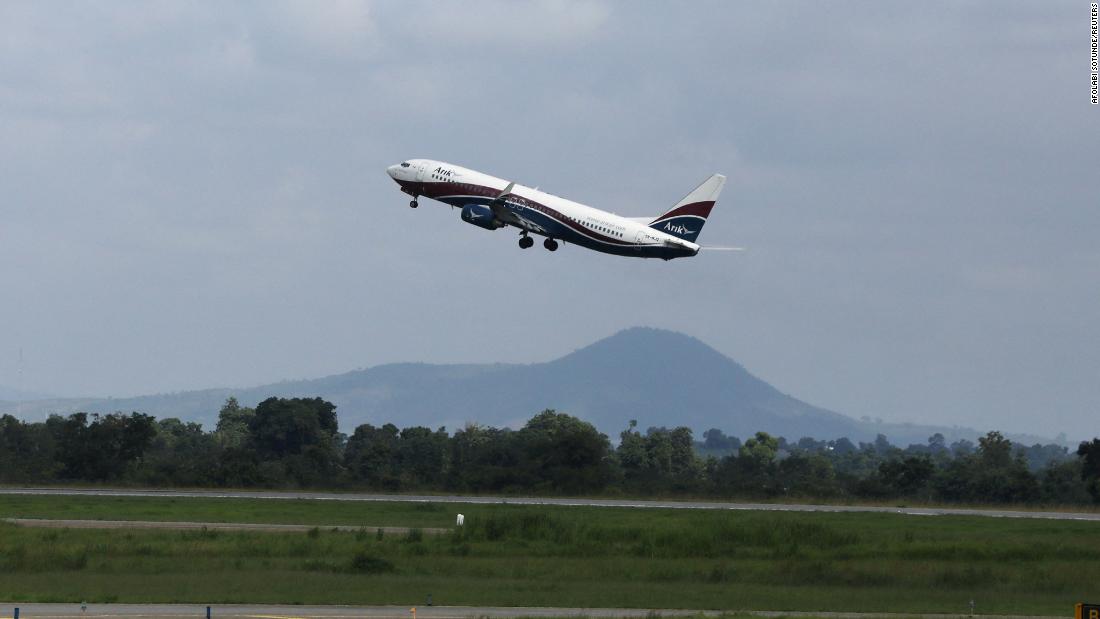
The Airline Operators of Nigeria has been under pressure from the government, consumer protection bodies and customers to shelve the planned shut down since it was announced on Friday.
Airlines are complaining about paying for jet fuel upfront in cash at 700 naira ($1.69) per liter, a price that has more than doubled this year, partly as a result of Russia’s invasion of Ukraine, increasing their operating costs by around 95%.
Dollar shortages in Nigeria and a weaker local currency have worsened the woes for the sector, which also faces the country-wide challenges stemming from double-digit inflation, slow growth and mounting unemployment and insecurity.
The aviation ministry said earlier on Sunday that local airlines have faced unfavorable global oil market dynamics but efforts are ongoing to find a “lasting solution to the perplexing issue of aviation fuel availability and affordability”.
Fuel shortages and high debts caused some carriers to suspend local flights indefinitely in 2016. Though the government has intervened with financial assistance to support the sector.
Nigeria subsidizes imported petrol to keep pump prices low. But with the rise in global oil prices, the country has endured soaring costs in order to avert strikes, especially in the run-up to presidential elections next year.
Air Peace, Nigeria’s biggest carrier, with flights to Dubai and Johannesburg, said on Sunday the suspension would go ahead before the association changed its stance.
Ibom Air on Saturday pulled out of the flight suspension due to obligations to financiers and suppliers. It was followed by Dana Air.

